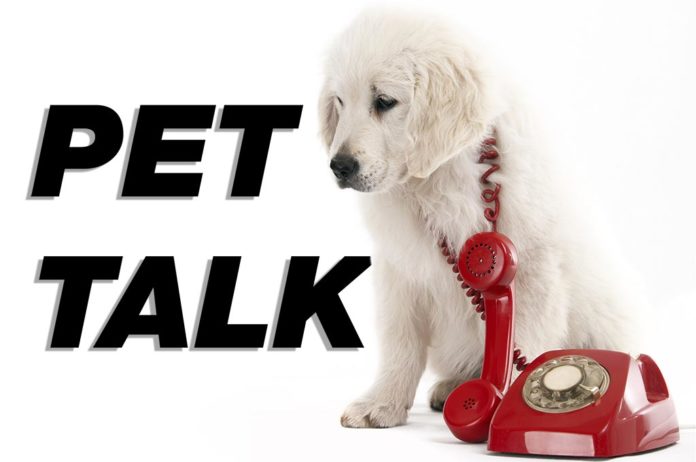Something occurred in my NE Portland store last week that has never happened to us before. It was a scary few minutes, actually, as a large puppy took a whole stuffed dog toy, popped it in its mouth like puppies do, started to squeak it, and then proceeded to swallow it whole. The owner, sadly, has been through this once before while on vacation with this puppy, as it did the exact same thing at a pet store there. Thinking back to how it was handled by the emergency vet, the owner thought that having her puppy vomit the toy back up would solve the problem, like before. Prior to my awareness of the situation, a plan was being laid to use hydrogen peroxide to induce vomiting. Unlike before, we were not the vet nor were we equipped to handle an emergency should the toy become lodged in the throat on the way back up. It was late in the day on the weekend so the only veterinarians open were emergency vets. We called and they highly urged the puppy owner to bring the dog to them where they could administer appropriate drugs to induce vomiting, and have all the tools and equipment to administer oxygen should the toy become lodged and block the airway. Luckily, this puppy was fine, however, it could have easily become a life-threating situation.
Hopefully, you will never experience an emergency like this with your pet, however, what would you do?
In a situation like the puppy in my store, always treat a pet swallowing a non-food object an emergency. But what if your pet ingests other things? Knowing what is toxic is the first step.
From foods and food additives to everyday household supplies, there are many things to be aware of that are toxic to your pets. Chocolate, grapes, raisins, macadamia nuts and xylitol are a few examples. There are over 400 plants that are toxic to cats and dogs, many of which you may have in your home or yard today. In addition, all human medications should be considered toxic so if your dog or cat accidentally ingests your medication, prescription or over the counter, be ready to treat it as an emergency.
- For a complete list, please refer to the Animal Poison Control part of the ASPCA website www.aspca.org/pet-care/animal-poison-control.
- Should your pet ingest something poisonous, don’t wait to contact your veterinarian immediately. If it is after hours, you can contact any one of the emergency vets in our area, or, contact the ASPCA Poison Control Center at (888)426-4435.
If your pet swallows something non-food that could cause an obstruction, such as a dog toy, socks, string, fishing line, or a hand towel as examples, contact your vet or our local emergency veterinary hospital such as Emergency Veterinary Clinic of Tualatin at (503)691-7922.
Maybe you aren’t sure what your pet ate is toxic, don’t hesitate as every minute counts. Perhaps you didn’t see your pet consume anything toxic, however, they are vomiting and lethargic? Contacting your vet is always going to be the right thing to do.























